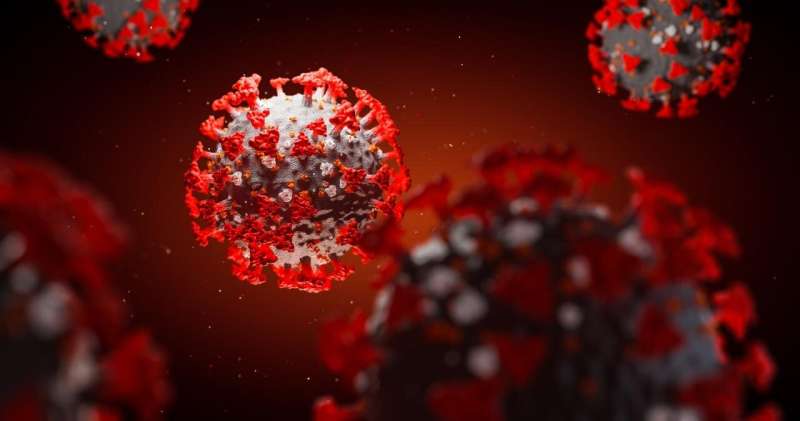ATS publishes new guidance on COVID-19 management

An American Thoracic Society-led international task force has released a guidance document to help clinicians manage COVID-19 patients in the face of a worldwide pandemic and minimal empirical evidence to guide treatment. The new guidance - "COVID-19: Interim Guidance on Management Pending Empirical Evidence"- is published as an open access document on the American Thoracic Society's website.
The international task force, comprised of clinicians from academic medical centers that are actively engaged in COVID-19 patient care, created consensus suggestions for treatment based on scarce direct evidence, indirect evidence, and clinical observations. Because the guidance is not based on high quality empirical evidence—since COVID-19 is an emerging disease—the task force made suggestions as opposed to recommendations. The suggestions should not be considered mandates and will be revisited as evidence accumulates.
While the guidance includes suggestions relevant to all patients with COVID-19, ranging from outpatients to critically ill patients, most of the suggestions target hospitalized patients with COVID-19 pneumonia.
The main suggestions are:
- to perform prone ventilation in patients who have refractory hypoxemia and COVID-19 pneumonia (i.e. acute respiratory distress syndrome [ARDS]),
- to consider extracorporeal membrane oxygenation (ECMO) in patients who have refractory hypoxemia, COVID-19 pneumonia (i.e. ARDS), and have failed prone ventilation, and
- to prescribe hydroxychloroquine (or chloroquine) to hospitalized patients with COVID-19 pneumonia if all of the following apply: a) shared decision-making is possible, b) data can be collected for interim comparisons of patients who received hydroxychloroquine (or chloroquine) versus those who did not, c) the illness is sufficiently severe to warrant investigational therapy, and d) the drug is not in short supply.
- The evidence that exists around the use of hydroxychloroquine and chloroquine is contradictory. Acknowledging this, "we suggest that, if the drug is prescribed, that it be done in the context of data collection for research," said Kevin C. Wilson, MD, chief of Guidelines and Documents at the American Thoracic Society. "We believe that in urgent situations like a pandemic, we can learn while treating by collecting real-world data."
"There are in vitro studies that suggest that hydroxychloroquine and chloroquine have activity against SARS-CoV-2019, the virus that causes COVID-19," added Dr. Wilson. "There are also several controlled trials from China and France, but they all have serious flaws and inconsistent findings. Even interim analyses of data from institutions that are using hydroxychloroquine and chloroquine are inconsistent. Thus, the bottom line is, whether hydroxychloroquine and chloroquine confer benefits to patients with COVID-19 are unanswered questions."



















